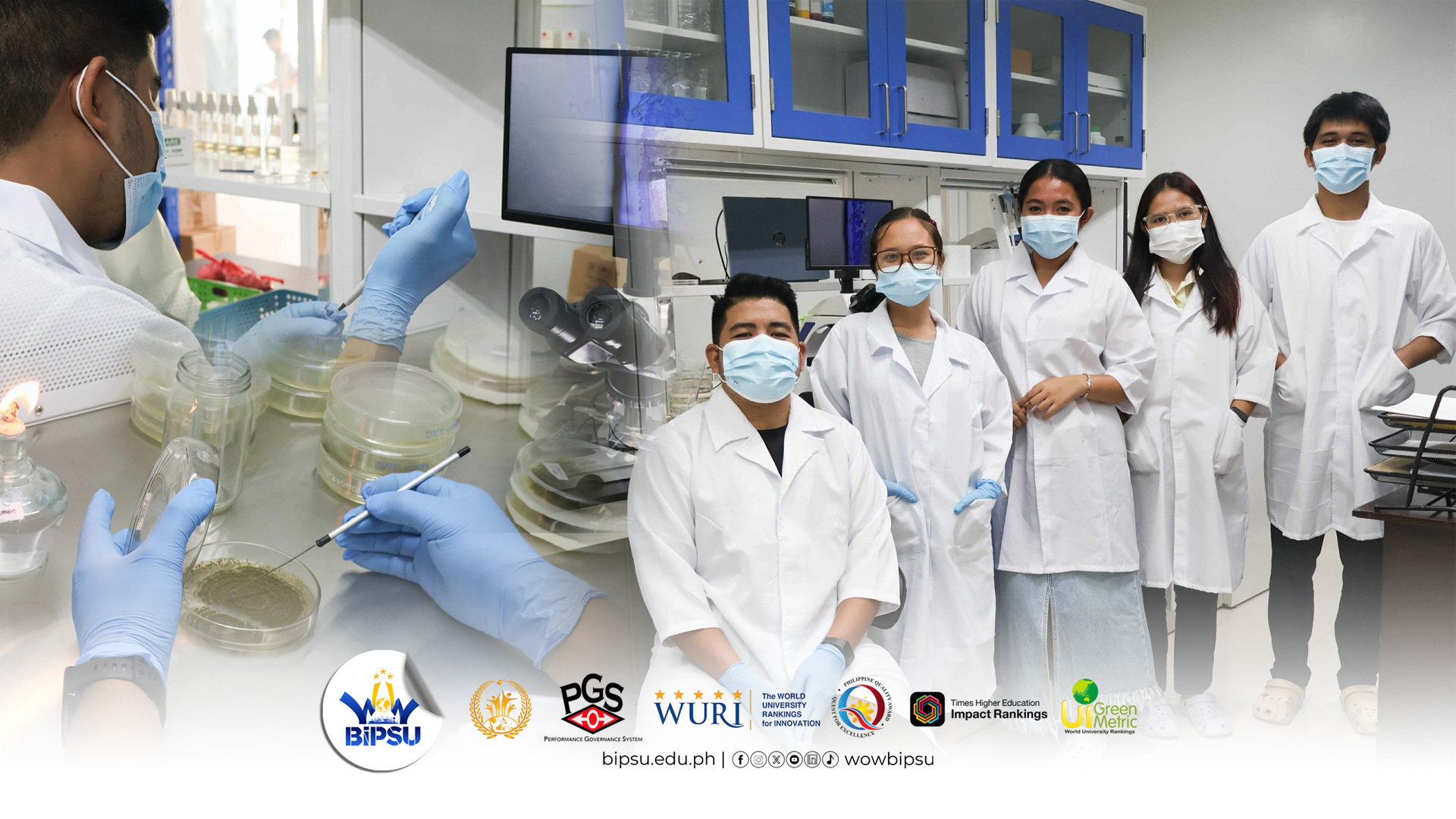The Biliran Province State University (BiPSU) has achieved a major breakthrough at its Biliran Campus, discovering highly promising Entomopathogenic Fungi (EPF) as a sustainable biological control against abaca aphids, the vector responsible for spreading the devastating Abaca Bunchy Top Virus (ABTV), a crisis that has severely threatened abaca production across the province and Eastern Visayas.
Funded by the DOST-PCAARRD, the BiPSU team successfully surveyed plantations and collected abaca aphids across Biliran, Leyte, and Southern Leyte, leading to the laboratory isolation and study of EPF—beneficial, low-cost, and environmentally friendly microorganisms that naturally penetrate and kill insect pests, making them an excellent alternative to chemical pesticides.
The initial results are highly promising, with several fungal isolates demonstrating a strong potential to infect and kill the aphids; these isolates are now being sent for molecular identification to determine their species and local adaptability, marking the next steps toward screenhouse and field testing, with the ultimate goal of developing a practical, farmer-level application.
Beyond the core research, the project has already had a significant institutional impact, drafting two IEC materials, maintaining ten EPF isolates, mentoring two BS Agriculture students (one of whom graduated Magna Cum Laude), and establishing partnerships with Visayas State University, Southern Leyte State University–Hinunangan Campus, and the Upland Farmers and Abaca Planters Association (UFAPA).
The project’s excellence has been recognized regionally, earning 3rd Best On-going Paper (Research Category) from both EViAFRREDN and ViCARP, and achieving 3rd Place for Best Research Poster and Best Research Short Reels during the BiPSU Researchlympics 2025; furthermore, the research secured an additional ₱5 million DOST-PCAARRD grant for the Biological Control Laboratory upgrade and hosted Dr. Benildo G. de los Reyes, a Balik Scientist from Texas Tech University, USA.
This initiative is critical to the national interest because the Philippines supplies about 87% of the world's abaca fiber, and while the Bicol Region leads, Eastern Visayas—which has suffered major losses since the ABTV became widespread around 2015—stands to benefit immensely, especially since no resistant variety has yet been identified to counter the disease that continues to limit productivity.
By exploring EPF, BiPSU aims to provide abaca farmers with a natural and sustainable management option, reducing dependence on harmful chemical pesticides, minimizing environmental risks, and studying ways to produce EPF on the farm using locally available materials, ultimately strengthening the university’s role in agricultural innovation and supporting the vital revival of Biliran’s historic abaca industry.
#WoWBiPSU
-
 0
0
-
 0
0
-
 0
0
-
 0
0
-
 0
0
-
 0
0

